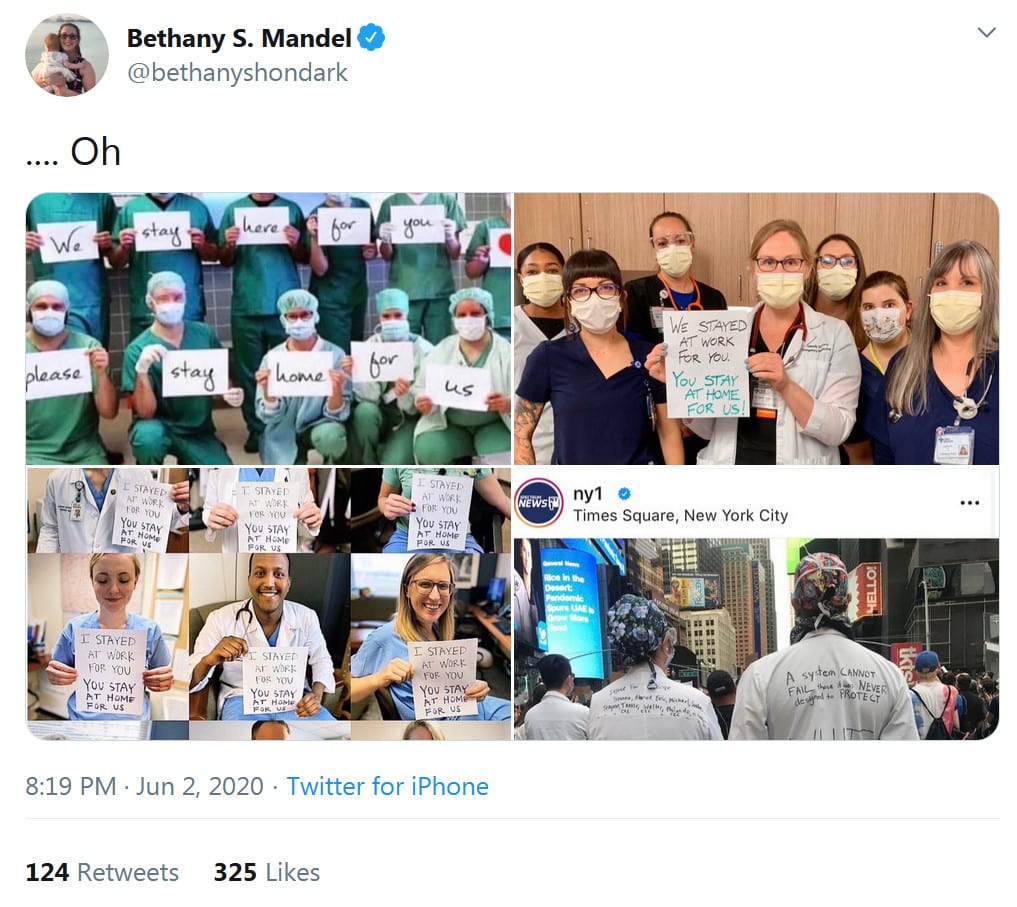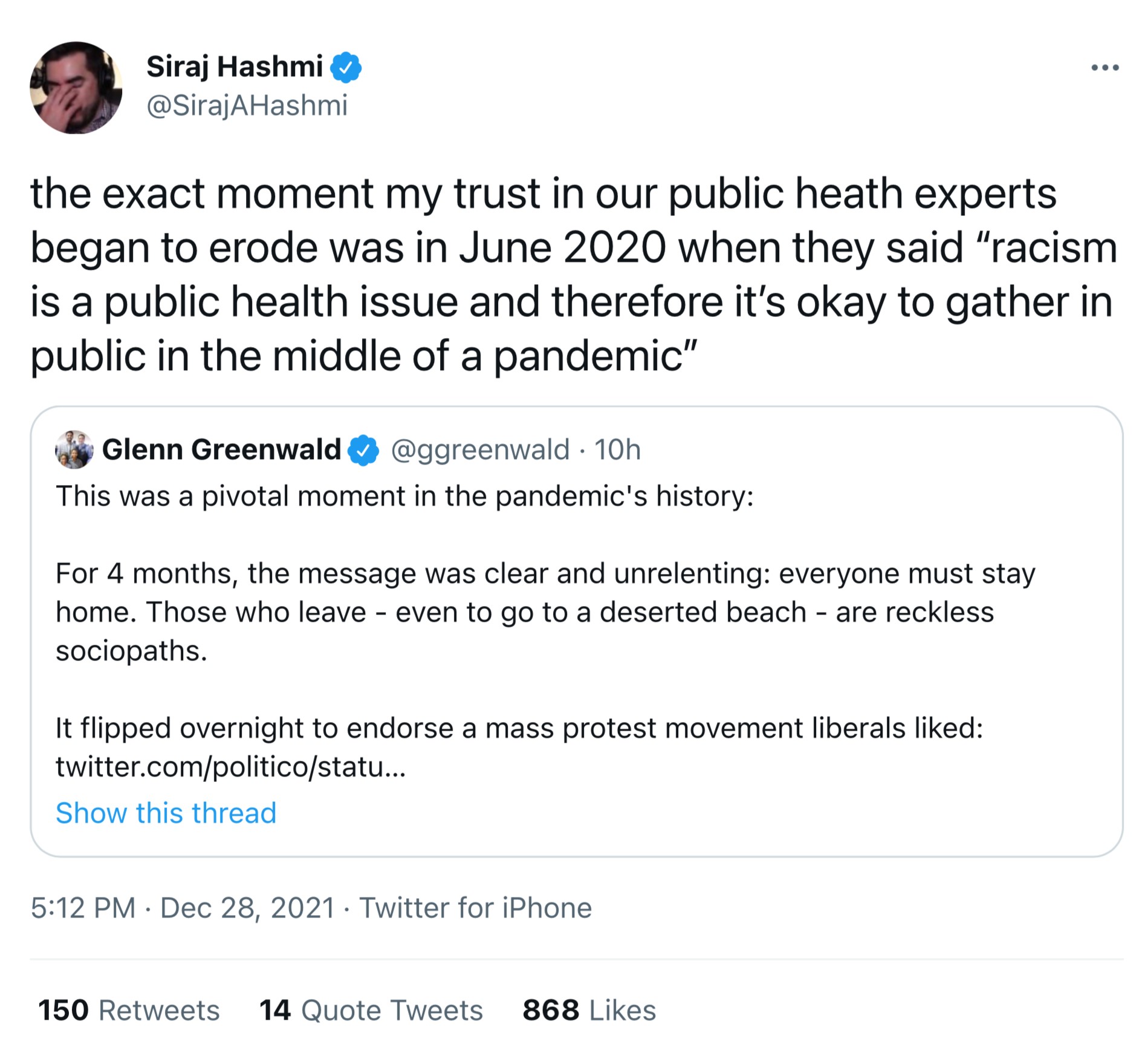On a cold winter night in 1986, I met my father and the writer C.D.B Bryan at the Irish Connection, a bar in the basement of a building on DeSales Street in Washington, D.C. I was a student at Catholic University who had just published his first article as a professional, a piece on preventing animal cruelty for The Progressive. My father was the Senior Associate Editor of National Geographic magazine. C.D.B. Bryan was the popular author of Friendly Fire, a book about Vietnam. He had been hired by National Geographic to write the book National Geographic: 100 Years of Adventure and Discovery, which would be published in 1987.
My father had invited me to meet Bryan because he knew I had developed a fascination with Vietnam during a high school history class. He also knew that as a young journalist I would be enthralled to meet such an accomplished writer as Bryan who had written for the New Yorker, Harper’s, Esquire, Rolling Stone, and the New York Times Book Review. Over pints of Guinness, we three talked about various things—music, literature, sports, what it was like to write a massive history of National Geographic. Bryan expressed delight that I had just professionally published my first article, but added a quip: “The Progressive is a great place to start. I don’t know if you’d want your daughter dating a writer from there, but still.”
We discussed Friendly Fire, Bryan’s book that told the tragic story of Michael Mullen, an American soldier who had been killed by friendly fire in Vietnam. Friendly Fire revealed the lies the government had told about the nature of Mullen’s death. It explored in moving detail how Mullen’s parents, especially his mother Peg, went from staunch patriots to anti-war activists. “He was very proud of the fact that he exposed the friendly fire issue, and the fact that the government was lying to people who were as very patriotic as the Mullens were,” Mairi Bryan, C.D.B.’s wife, said after his death in 2009. “Of all of his works, Friendly Fire was the one of which he was most proud.”
It’s been more than thirty-five years since the night I had Guinness with my father and Bryan. Today, National Geographic reflects an obsession with race, gender, and “equity,” dedicating covers to slavery, feminism, transgender ideology, and Black Lives Matter. In 2017, the magazine ran a special issue on “The Gender Revolution,” parroting the catechism of the transgender faith, with all the logical inconsistencies that go along with it. It’s no surprise that the Western world has gone native into wokeism. Yet because it’s so personal, National Geographic‘s surrender is particularly painful.
As self-help author Mark Manson wrote in his 2019 book, Everything is F*cked, A Book About Hope (and Manson, like the rest of us, had no idea what was right around the corner):
Ideological religions are difficult to start, but they are far more common than spiritual religions. All you have to do is find some reasonable-sounding explanation for why everything is fucked and then extrapolate that across wide populations in a way that gives people some hope, and voilà! You have yourself an ideological religion. If you’ve been alive for more than twenty years, surely you’ve seen this happen a few times by now. In my lifetime alone there have been movements in favor of LGBTQ rights, stem cell research, and decriminalizing drug use. In fact, a lot of what everyone is losing their shit about today is the fact that traditionalist, nationalist, and populist ideologies are winning political power across much of the world, and these ideologies are seeking to dismantle much of the work accomplished by the neoliberal, globalist, feminist, and environmentalist ideologies of the late twentieth century.
Hence the moral panic within the leftist overculture of the last five years, which went into maximum overdrive in mid-2020, and as a result destroyed not only the readers’ trust of publications such as National Geographic that were once perceived as politically neutral, but trust in the public health profession as well:


